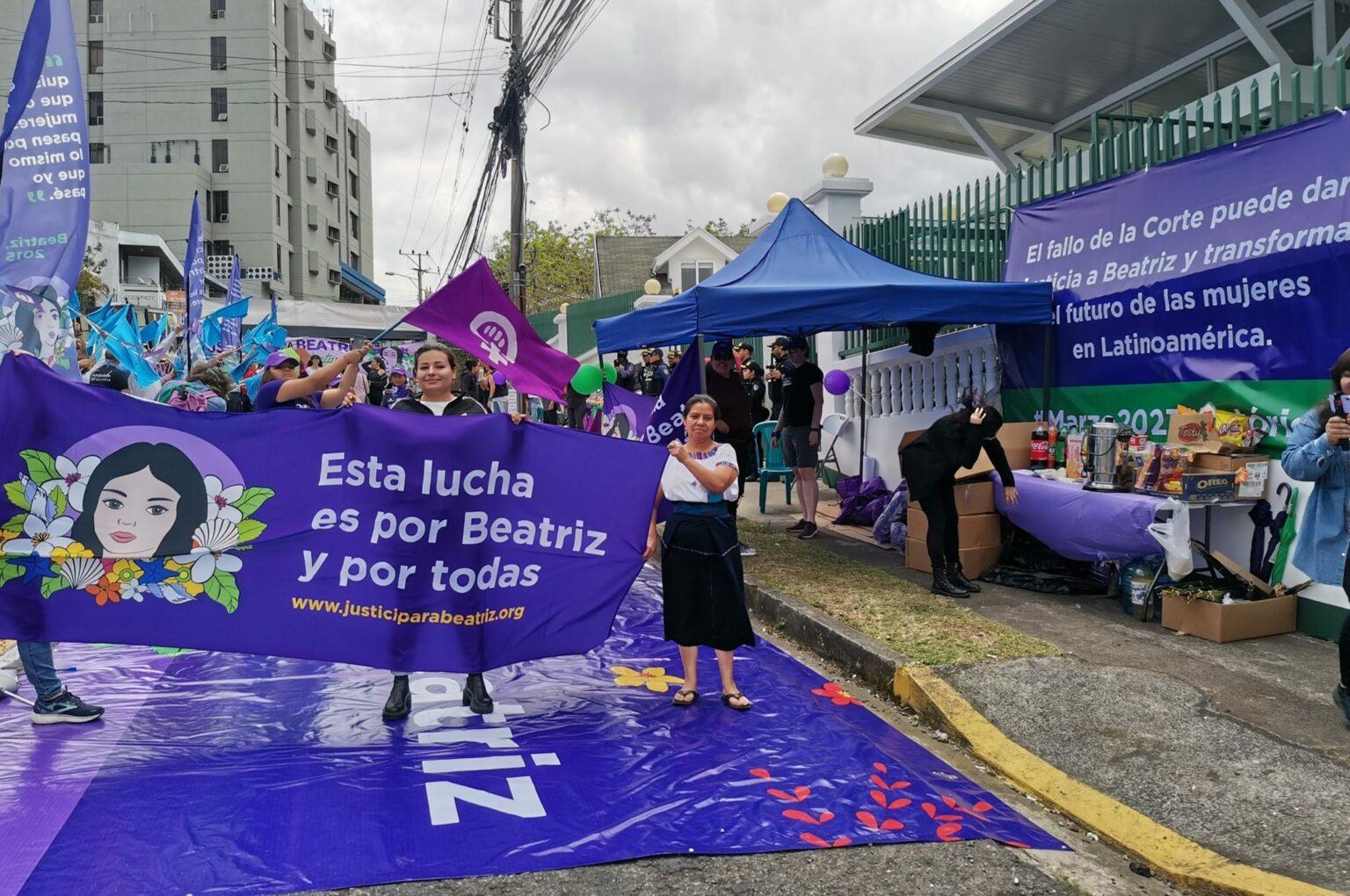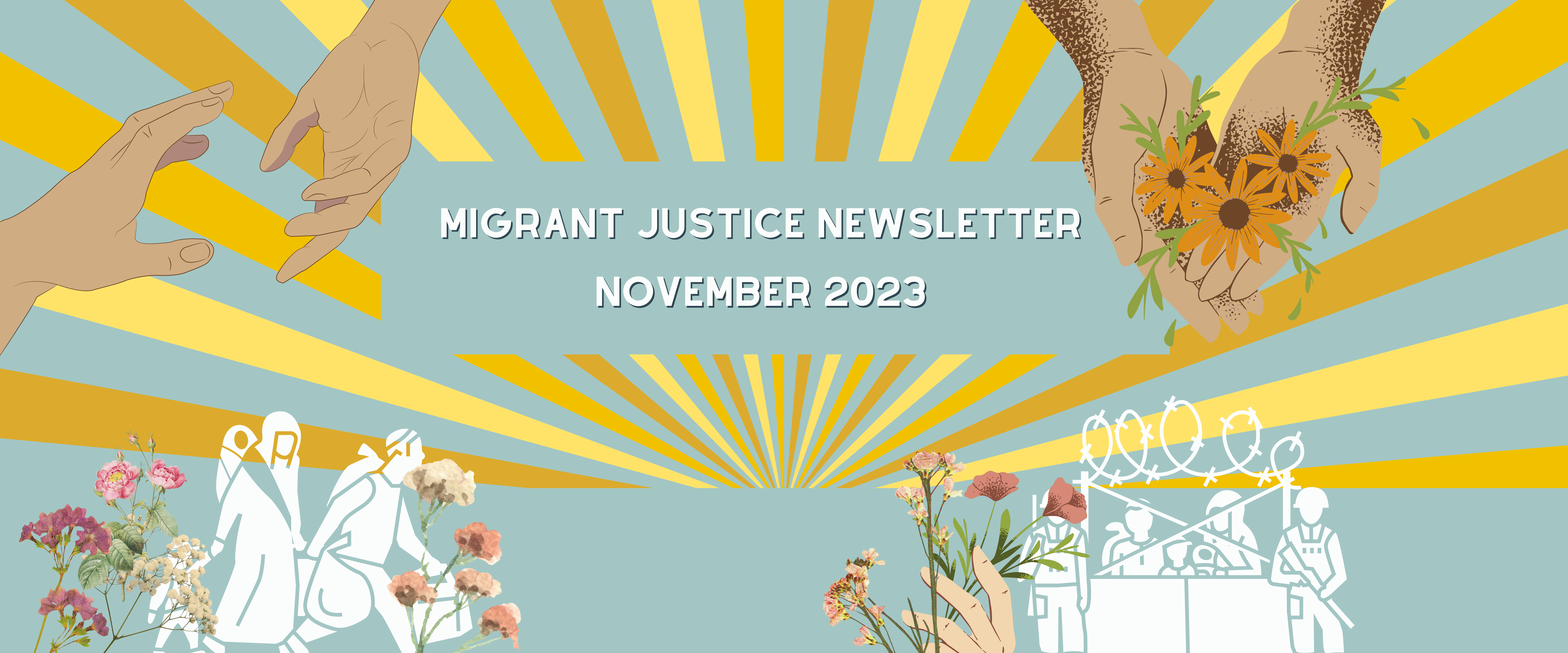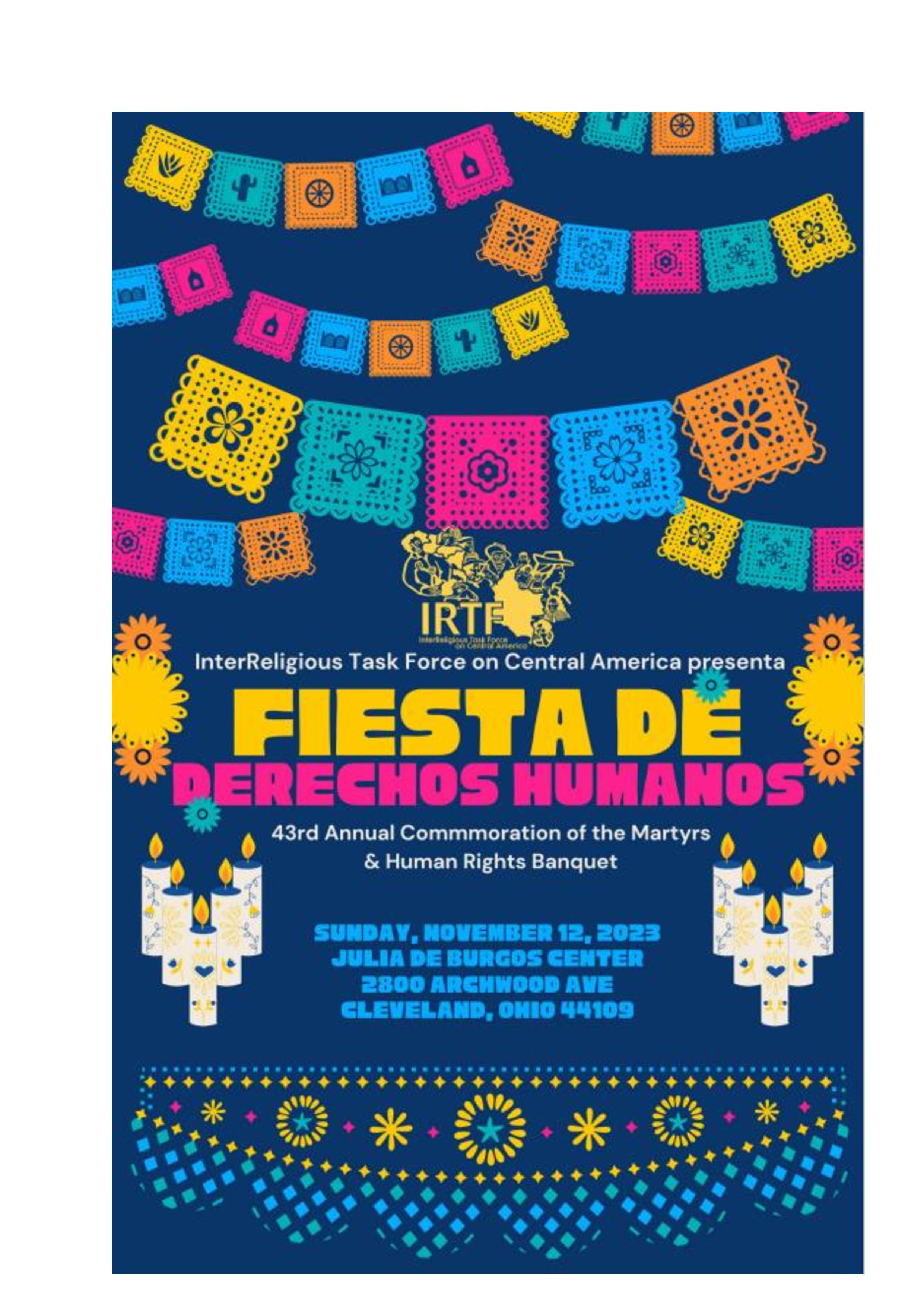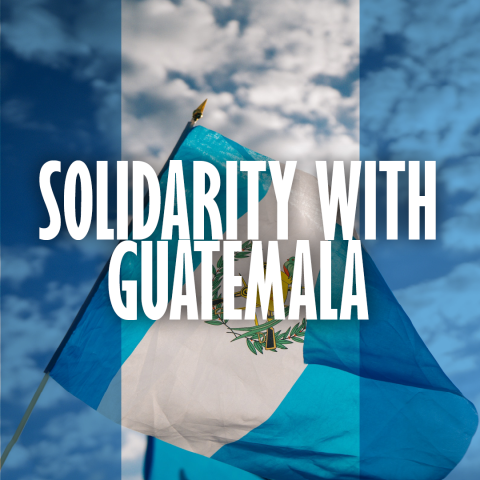In this monthly newsletter, we include the fiscal year-end numbers from Customs and Border Patrol. CBP reports 2,475,669 “encounters” of migrants at the US-Mexico border from OCT 2022-SEP 2023. That’s up about 100,000 from last fiscal year.
Let’s be clear. There is no “border crisis.” But there is a humanitarian crisis at the border.
The numbers don’t justify any increased funding for CBP. Federal agents are not having to chase down tens of thousands of migrants along the river bank or into the desert along the 2,000 mile border. A large portion of the “encountered” migrants (roughly 30,000 per month) have actually turned themselves in voluntarily at ports-of-entry to request political asylum. Presenting themselves at ports of entry (i.e., the “legal” way to cross) are these nationalities in this order: Haiti, Venezuela, Mexico, Cuba, Honduras, Guatemala, Colombia, Ecuador, Nicaragua, Peru.
But the waiting time to schedule an appointment at the border crossing (via the CBP One app) and then waiting for the actual appointment—this is causing tens of thousands of migrants to seek humanitarian assistance on the Mexico side of the border as they sit it out and wait.
As burdensome as the asylum process is, a group of US senators is trying to make it worse. They are threatening to stall any supplemental budget request that Biden is submitting for the war in Ukraine, Israel/Gaza, and the US-Mexico border. They say that won’t approve any Biden request unless it contains new border restrictions, including: more detention, family and child detention, restrictions on humanitarian parole, and banning the right to asylum for migrants who do not present themselves at ports-of-entry (note: this is clearly an illegal provision that violates both domestic and international asylum law.).
See the Take Action items listed at the bottom of this newsletter. Our advocacy is needed to maintain some modicum of humanity in the nation’s immigration system and to address root causes of migration.
--------------
Please consider supporting IRTF’s Migrant Justice work.
How to donate
You can DONATE now at IRTFcleveland.org
Venmo @irtfcleveland
PayPal @irtfcleveland
Facebook.com/irtf1981
check:
IRTF, 3606 Bridge Ave., Cleveland OH 44113
---------------






